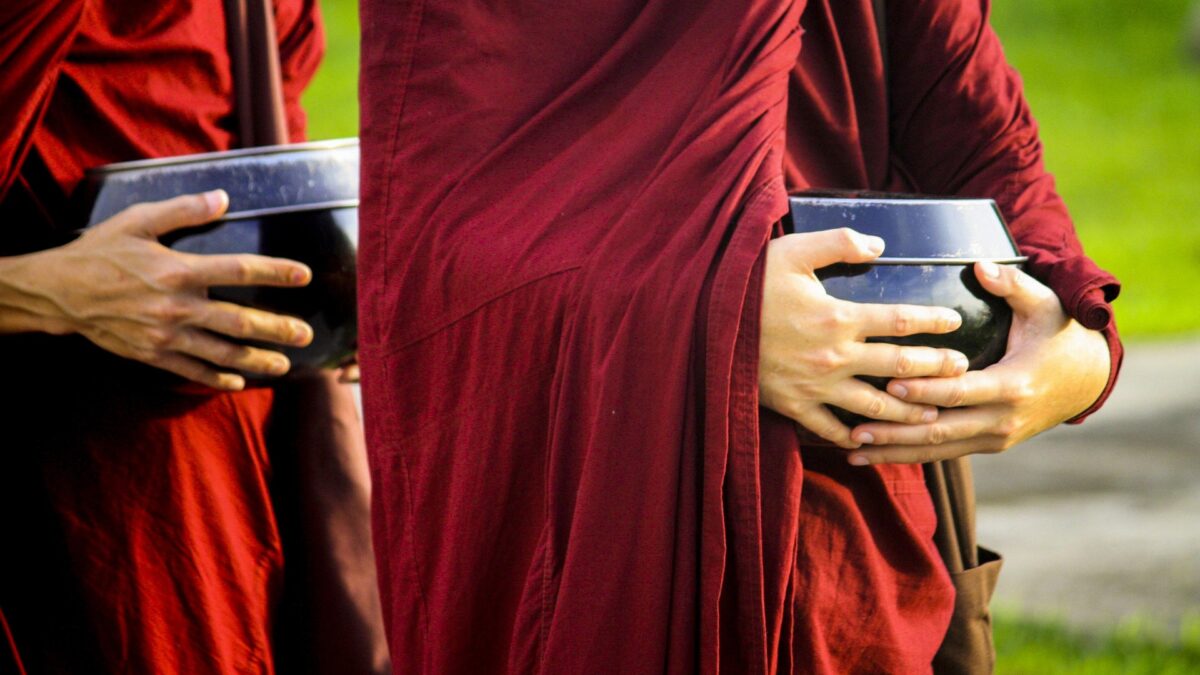Photo by truthseeker08 via Pixabay.
Speaker: Zhen Liu (Dali University and Harvard-Yenching Institute)
Date: Monday 2 June 2025
Basement Teaching Room 1 at 5:00pm
Faculty of Asian and Middle Eastern Studies
Pusey Lane, Oxford, OX1 2LE
All Welcome
All enquiries: pyi.kyaw@ames.ox.ac.uk
Glorisun Lecture Series in Buddhist Studies 2024-2025
Kindly supported by Glorisun Global Network for Buddhist Studies
Abstract:
This lecture explores the transmission and transformation of nirargaḍamedha and pañcavārṣika from India to China. Emperor Wu of the Liang Dynasty, inspired by the legend of Aśoka, adopted the Buddhist-oriented nirargaḍamedha (unlimited sacrifice)—likely derived from the Brahmanical sarvamedha (all sacrifice)—emphasizing large-scale charitable giving. The pañcavārṣika (Five-Year Assembly), encountered by Faxian during his pilgrimage, also stemmed from Aśokan tradition but focused on almsgiving. In India, nirargaḍamedha evolved under King Harṣa to engage various social groups, merging royal authority with Buddhist charity, as witnessed by the pilgrim Xuanzang. Over time, the two rituals converged in name and function. This study emphasizes the role of multilingual sources in understanding how religious rituals were adapted and reinterpreted across cultural contexts.
Speaker:
Prof. Zhen Liu 劉震 (Dali University and Harvard-Yenching Institute)

